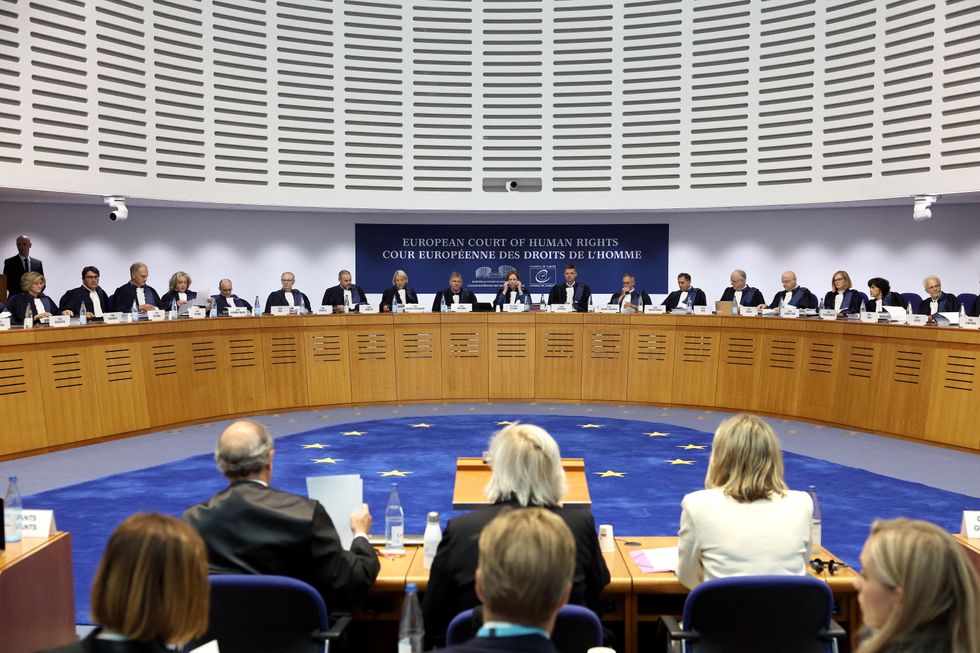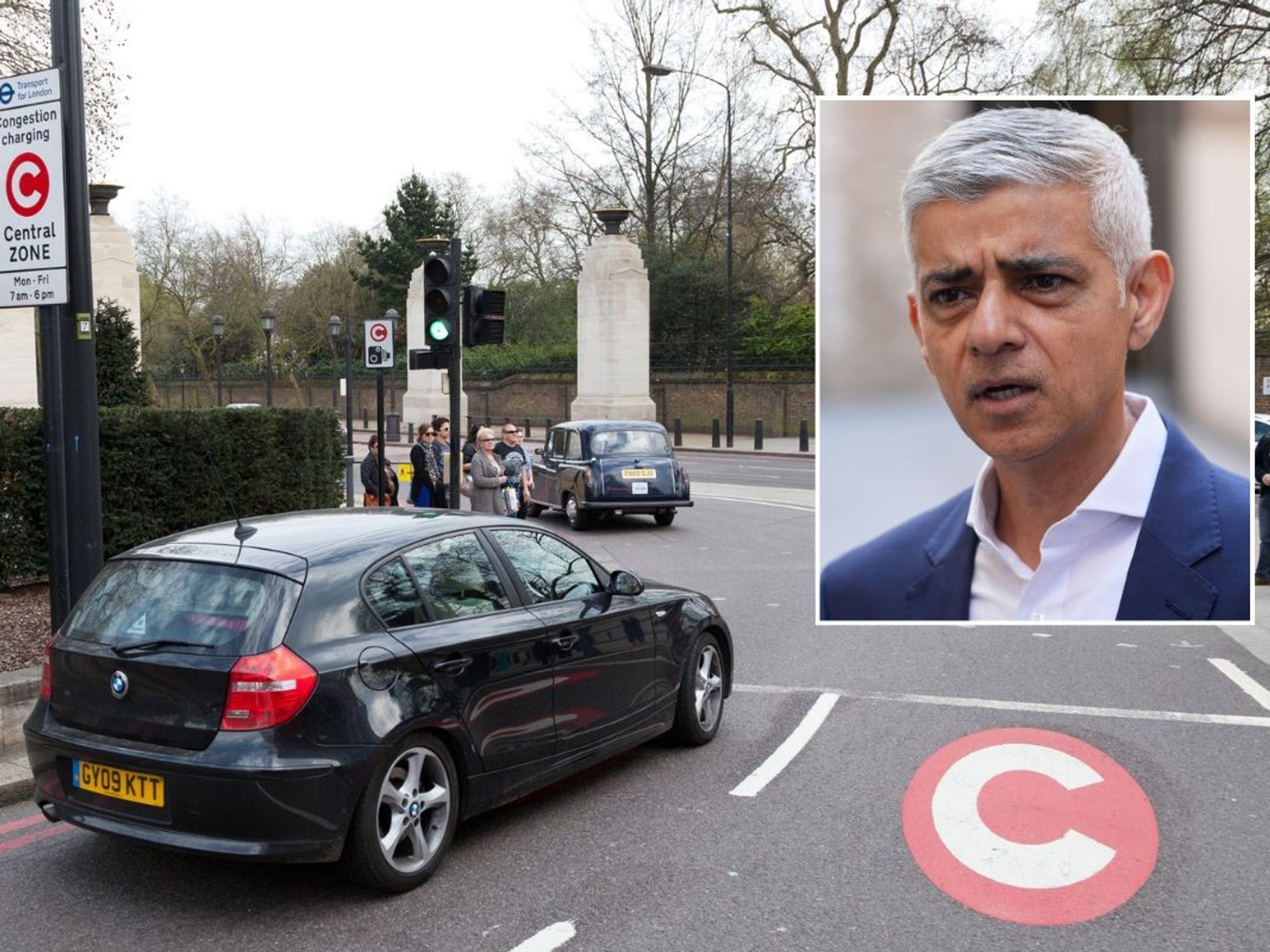There is no democratic mandate for the right to live in an eco-fanatic dystopia, says Jacob Rees-Mogg

The idea that your property and your life is sacrosanct is an ancient British concept...
Don't Miss
Most Read
Latest
Article 8 of the European Convention on Human Rights states that “Everyone has the right to respect for his private and family life, his home and his correspondence.”
There is nothing objectionable in this. The idea that your property and your life is sacrosanct is an ancient British concept.
The Magna Carta makes it clear when it says “no free man shall be taken or imprisoned or dispossessed, or outlawed, exiled or in any way destroyed, nor will we go upon him, nor will we send against him except by the lawful judgement of his peers or by the law of the land.”
Pitt the Elder said it when he declaimed:

GB NEWS
|Jacob Rees-Mogg says it is time to leave the ECHR
“The poorest man may in his cottage bid defiance to all the forces of the Crown. It may be frail—its roof may shake—the wind may blow through it—the storm may enter—the rain may enter—but the King of England cannot enter!—all his force dares not cross the threshold of the ruined tenement!”
In the 13th century and again in the 18th century, the British have had rights.
The courts have upheld them when agents of the state have overreached.
Unfortunately, the European Court of Human Rights is a political construct that belives itself to be above the law.
So in this case a group of elderly Swiss women made a claim that their human rights were being violated by the Swiss government because older people are supposedly more vulnerable to the consequences of climate change, and that the government wasn’t living up to its climate policy ambitions.
The judgment argues that the European Convention on Human Rights’ Article 8 quote “encompasses a right to effective protection by the State authorities from the serious adverse effects of climate change on lives, health, well-being, and quality of life”.
The judgment went onto say that "the Swiss Confederation had failed to comply with its duties ("positive obligations") under the Convention concerning climate change. There had been critical gaps in the process of putting in place the relevant domestic regulatory framework, including a failure by the Swiss authorities to quantify, through a carbon budget or otherwise, national greenhouse gas (GHG) emissions limitations.”
So in other words, not pursuing green zealotry through fanatical policies such as carbon budgets is tantamount to breaching the human rights of your citizens.
The ECHR has officially opened up an entirely novel view of rights.
There are reportedly other cases across many of the signatories to the convention which means the 46 members are vulnerable to these sorts of rulings too.
This is the fundamental problem with the court.
Article 8 says nothing about climate change or green policies but because the court has decided to guide itself by the living instrument doctrine, it has extended article 8 to cover green issues.
The idea of a living instrument is that the court can develop the convention by recognising new rights although never envisaged in it.
The living instrument doctrine puts the court above the nation states and any form of democratic control.
 Getty Images |
Getty Images | Jacob Rees-Mogg has hit out at an ECHR ruling
It becomes a legislative rather than a judicial arm of government, it is inventing law rather than interpreting law.
In other words, the court can make up any old right it wants. And this is guided by its own political beliefs, one of which is a green fanaticism.
In this way the court makes a mockery of rights because it removes the democratic right of voters to change the law by which they live.
That is why now is the time to leave.
Our rights have always come from parliament, not from unelected judges in Strasbourg who invent whichever rights they please.
As Lord Sumption said, we are more than capable of setting up our own updated bill of rights in our own domestic legislation if there was a democratic mandate for it.
And that’s the point. Democracy must prevail. Our rights must have a democratic mandate.
But there is no democratic mandate for the right to live in an eco-fanatic dystopia, which is why it's time to leave the court.











